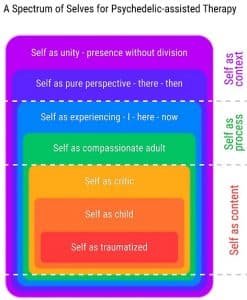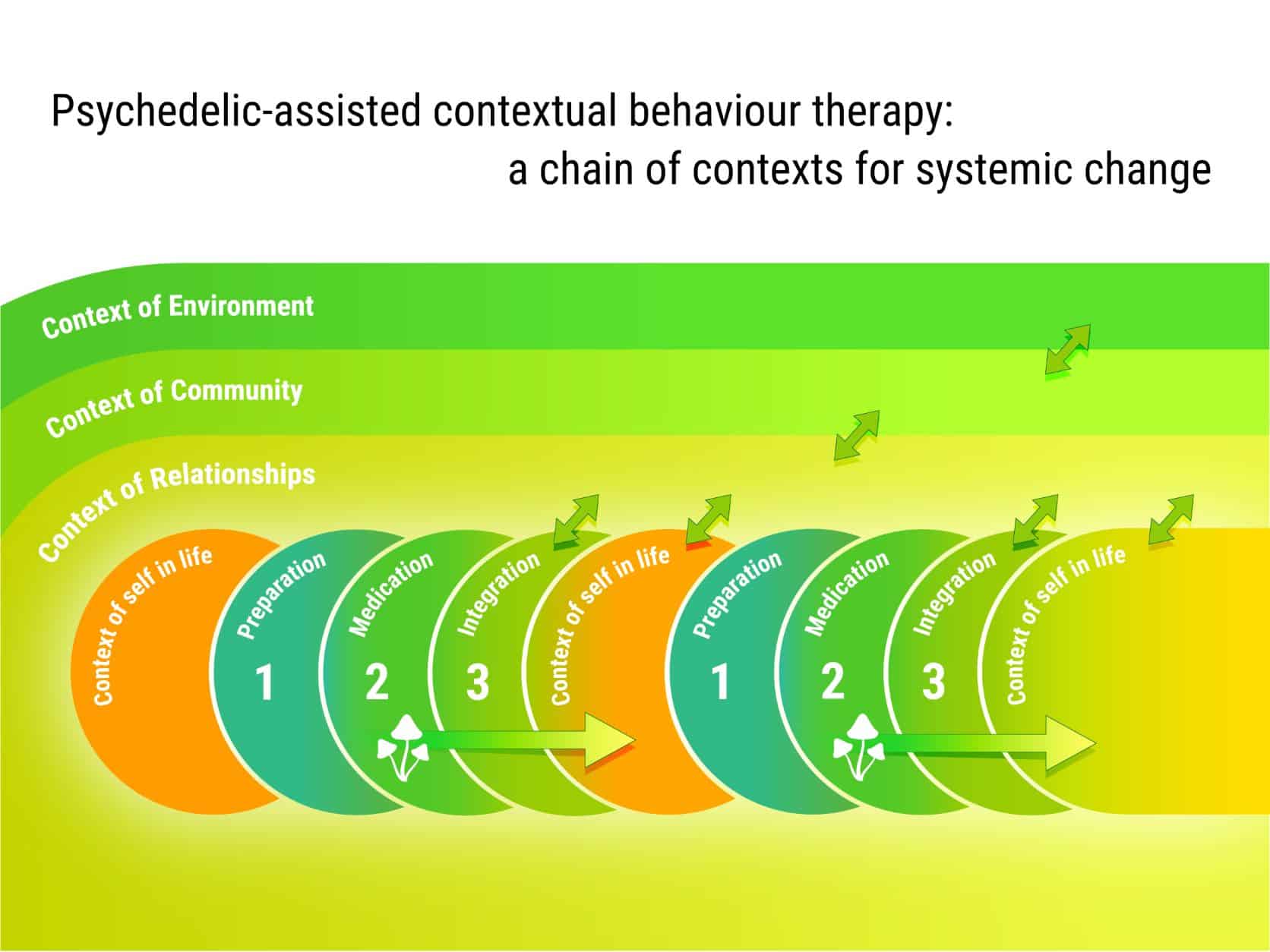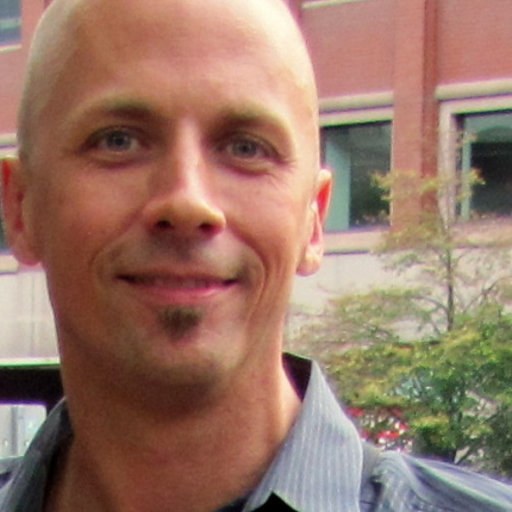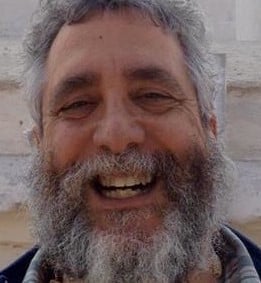Expanded ACT for Psychedelic-assisted Therapy: Integrating trauma-focused ‘parts’ work with systemic change
£2,400.00
2024 Dates:
- Online: 12-13th Sept
- Catalonia, Spain: 22-27th Sept
Places are limited to 16.
Location:
Contribution:
£1800 (inclusive of accommodation and meals)
- Early bird discount of £1600 if fully paid by June 15th
Facilitators:
with support from colleagues
Dr. Robert Krause
and
Dr. Larry Leeman
A two + five day training experience to learn a new integral model of psychedelic-assisted therapy on the Catalonian coast

A view of the sea from the grounds of the retreat/training venue in Catalonia, Spain
This training captures the ‘sweet spot’ between ACT, IFS and TIR, tailored to a wide range of psychedelic therapy challenges (see https://www.frontiersin.org/articles/10.3389/fpsyt.2021.727572/full) to enable a trauma-focussed ACT-consistent approach to psychedelic-assisted therapy.
Informed with high-density data collected from over 50 participants attending our retreats (a study designed to reduce relapse and deepen gains in psychedelic-assisted therapy), this training highlights what we know has been helpful in producing stable psychedelic therapy gains (post 6-12 months). It integrates parts work (including Internal Family Systems perspectives) and Traumatic Incident Reduction with ACT as a core theoretical modal, to offer versatile, multi-modal framework, including a broad pallet of varying degrees of directive/non-directiveness. Using such a pallet context-sensitively, we can resolve the directive/non-directive debate.
TIR is a precise imaginal exposure methodology with supporting repetitive focusing protocols that can be adapted to amplify all ACT processes such as: awareness of the cues and motivations for any behaviour, directing presence/undivided awareness to any inner experience, intensifying client-led willingness to face challenging feelings, defusion/disentangling from any unhelpful habitual thinking, awareness of the function of any self-story or role.

ACT brings the overarching framework of evolutionary and behavioural science principles, as well as a shortcut to accessing hidden fears. Within this framework, TIR and IFS offer additional ‘vehicles’ for implementing Contextual Behavioural Science principles thoroughly and compassionately.
You will learn multiple interventions that align precisely with the Spectrum of Selves as described in Henry’s recent publication in Frontiers in Psychiatry, adapted throughout the three phases of Psychedelic-assisted therapy.

Programme overview
Days 1-2 (online Sept 12-13th*, 1 pm – 9 pm GMT): Engineering a new psychedelic therapy of the future. TIR for re-accessing and processing psychedelic experiences and related traumatic memories. * Other online options for this session may be available.
Invitation to exchange sessions with peers before arriving in Spain.
In Catalonia, Spain (22-27th Sept) Arrive 6 pm for dinner on 22nd, leave by 6 pm on 27th.
Days 3-4: ACT and the Spectrum of Selves – from shame to the ‘reverse compass’ for accessing our deeper fears, exploring the voices and behaviours of our different parts. Understanding the ACT core processes from a ‘parts’ point of view.
Day 5: Inner work aligned with outer systemic behaviour change. Getting ready to bring the barriers into the work.
Days 6-7: Practicum of ACT expanded with trauma and parts work through the three phases of psychedelic therapy. Your chance to practice with feedback the protocols and principles that you personally need the most feedback on.
Monthly supervision included for 3months
With insight and support from
Rob Krause was a co-therapist and co-facilitator during the development of this approach, gave input on peak states to the Spectrum of Selves paper and will share his perspectives as well as his professional and research experience with psychedelics
Larry Leeman gave input on archetypes to the Spectrum of Selves paper and will continue to share his perspectives including from his training in Hakomi mindful somatic psychotherapy, Internal Family Systems level one training for psychedelic therapy and as MDMA therapist (MAPS trained) points of view.
The curriculum includes:
- A 150 page bound manual to support you during and after the training.
- This training includes methods from TIR, a structured approach to Trauma/PTSD comparable to EMDR in its thoroughness, yet more precise and consistent with mindfulness and ACT.
- ACT-informed Parts work to address inner conflict between your different selves
- A protocol for differentiating between healthy and unhealthy self-story/narcissism
- A protocol for processing intense psychedelic experiences and re-accessing perspectives and insights from the trip.
- Expanding and reinforcing new behavioural repertoires that flow from newly gained perspectives – seamlessly interconnecting the three phases of psychedelic therapy.
- Overcoming complex/long-term trauma (often more accessible post psychedelic)
- Working Somato-cognitively – reawakening feeling in the body
- Mapping and reinforcing systemic change.
- Predictors of long-lasting benefits in psychedelic therapy and how to implement them.
- ‘Inner healing intelligence’ versus varying degrees of person-centredness/ active-directiveness (and when to do which)
- Parts work for malevolent and benevolent parts/entities
- A defusion protocol for when the mind gets in the way during a dosing session.
- Shame work as a shortcut to our deeper self-concept issues
- Perspective switching exercise for transcending the polarities of the mind
- Behaviour change coaching for increasing alignment in a person’s life.

About the facilitators

Henry J. Whitfield
MSc (CBT), ACBS peer-reviewed ACT trainer, Advanced Traumatic Incident Reduction Trainer,
Henry Whitfield is an Association of Contextual Behavioural Science (ACBS) Peer-reviewed Acceptance and Commitment Therapy trainer, an Accredited Advanced TIR (PTSD therapy) Trainer and Cognitive Behavioural Psychotherapist (MSc – CBT) He is now in the final stages of a PhD in psychedelic-assisted Acceptance and Commitment therapy, looking at interactions between psilocybin experiences and therapeutic processes during and after psilocybin.

Dr Robert Krause
He has lectured in philosophy at Quinnipiac University and at Western Connecticut State University. Robert has certifications in Global Mental Health: Trauma and Recovery from Harvard University, in Psychedelic-Assisted Psychotherapies and Research from the California Institute of Integral Studies (CIIS) and in Sex therapy also from the CIIS. He was a faculty advisor to the Yale Psychedelic Research Group and is currently the lead therapist and co-author of the treatment manual for the Psilocybin – Induced Neuroplasticity in the Treatment of Major Depressive Disorder at the Yale School of Medicine. He is also a co-author of the recently published ‘Psilocybin-assisted therapy of major depressive disorder using Acceptance and Commitment Therapy as a therapeutic frame’ Journal of Contextual Behavioral Science 15 (2020): 12-19′
Robert’s daily practices include yoga, meditation and tantra. He completed yoga instructor training with Aum Pradesh Guar in Goa, India and was certified in tantra instruction through the Urban Tantra Professional Training Program. He has been practicing zazen meditation for 30 years.
Currently Robert maintains a private integrative psychotherapy practice in New Haven, Connecticut.

Dr. Larry Leeman
During a research sabbatical at the University of Wisconsin he participated in research with MDMA and Psilocybin. His current research focus in psychedelic assisted therapies at the University of New Mexico focuses on trauma and addiction, group psychedelic assisted therapy, and the use of MDMA for postpartum women with PTSD and opioid use disorder. He is currently completing his second year of training in Hakomi, a form of mindfulness certified Somatic psychotherapy and is in the Grof Holotropic Breathwork practitioner training program.